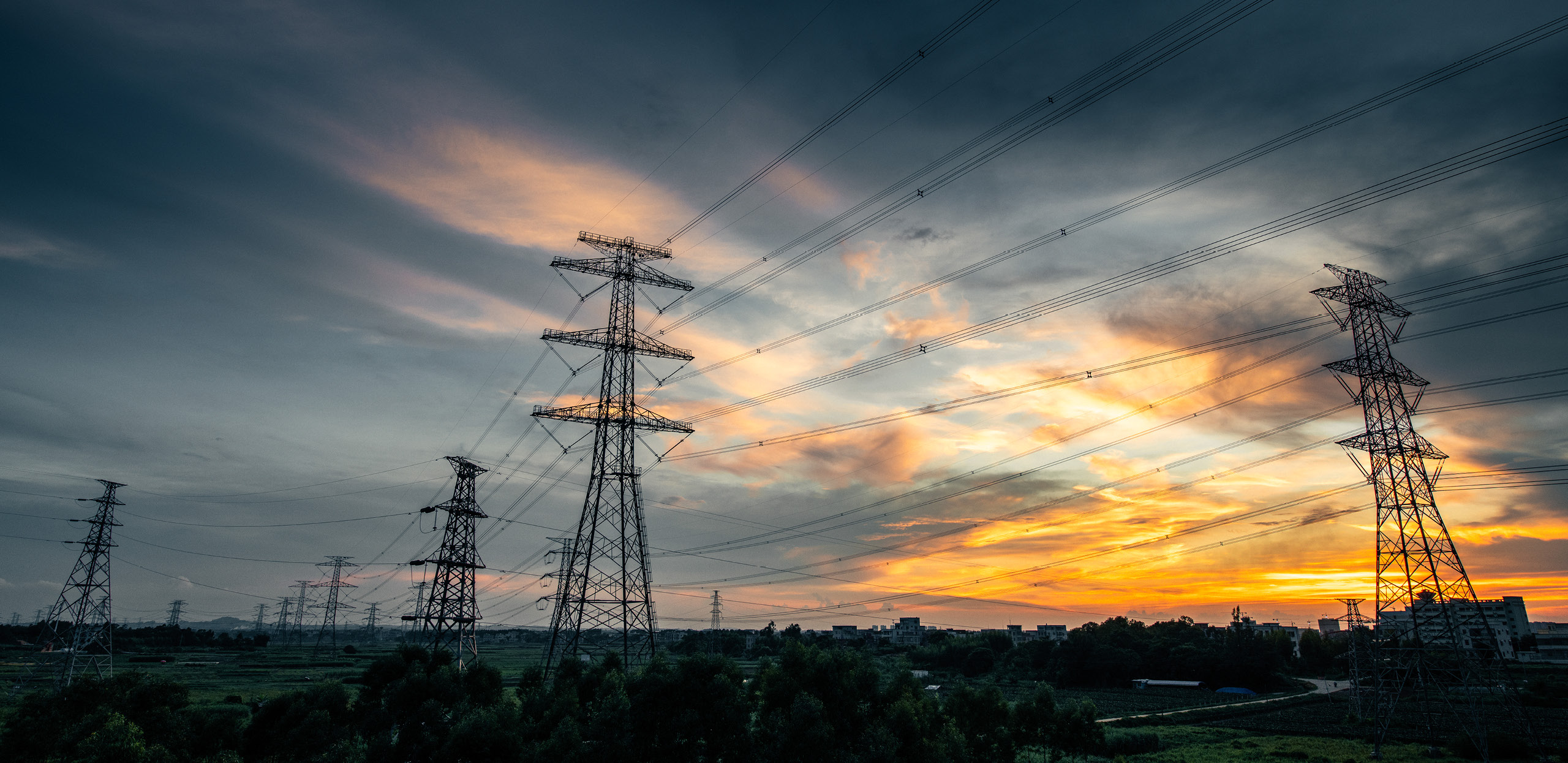
TVA was built to serve the public. Its first mission was to provide affordable energy to rural families and farmers. Nearly 100 years later, TVA provides accessible, reliable electricity to about 10 million people across seven states. Right now, however, politicians in Washington are floating the idea of privatizing it. Privatization is a beltway buzzword, but what it really means is this: turning a working system over to profit-driven companies, hoping they’ll somehow do it better or cheaper. Sometimes might be necessary, but in the case of TVA, I can’t help but wonder: Why fix something that isn’t broken?
Growing up in Polk County, Tennessee, I saw first-hand what TVA does for our communities. It keeps the lights on at military bases and manufacturing plants, it supports hospitals, schools and small businesses. As a kid growing up on a dairy farm, TVA provided affordable electricity to run our milking machines. Privatizing TVA is like selling the family farm. You can never put it back together once it’s been subdivided.
It’s not just energy. Beyond powering the Southeast, TVA provides real tangible economic value in a way few institutions in the nation ever have. Over the last five years alone, projects supported by TVA have helped generate more than 300,000 jobs and close to $46 billion in investment across the region. That’s not just a number on a spreadsheet — that’s paychecks for hundreds of thousands of families. That’s a shot at a middle-class life for millions of people. It’s tithes that go to our churches. It’s a new contract for a local small business.
Privatizing TVA won’t make it more efficient. It won’t lower bills; our electricity costs are already well below the national average. It won’t keep jobs here in our communities. In fact, every serious study, from both Democratic and Republican administrations has concluded the opposite: privatizing TVA would likely raise costs, disrupt service, and reduce the long-term benefits this region depends on.
This isn’t theoretical. Any move to sell off TVA’s assets would be messy, expensive nd take years to sort out. It would inject uncertainty into a system that millions of people rely on daily. And for what? Not to benefit taxpayers — TVA doesn’t rely on federal tax dollars. It’s self-funded. It’s one of the few parts of the federal government that actually pays its own way. That’s rare, and it’s worth protecting.
Members of the Laborers’ International Union of North America take pride working on TVA projects in the Valley. These are highly trained and skilled workers who have dedicated their careers to powering their communities. Whether it’s modernizing a hydroelectric facility, building a new gas turbine plant, or building the next generation of nuclear capacity, this work is essential.
We don’t need a massive restructuring. We don’t need to roll the dice on private companies with no roots in our communities. We need to stay the course and let TVA keep doing what it’s always done: powering our region and delivering paychecks to the people who live here.
It’s that simple.
Stephen E. Farner is vice president and regional manager of the Laborers’ International Union of North America.

